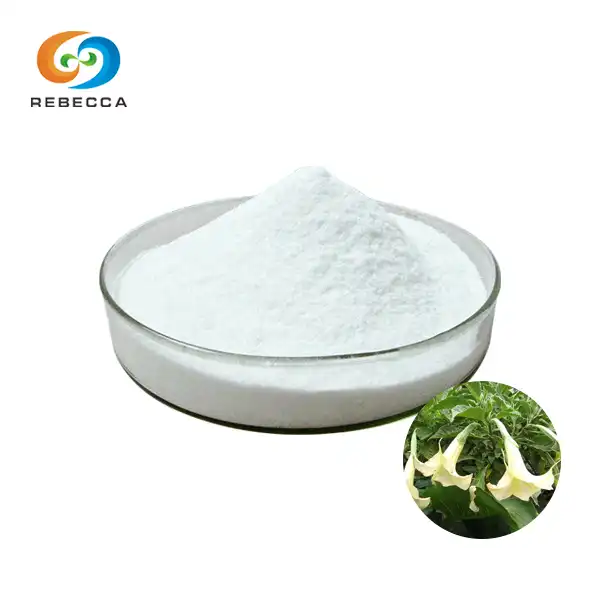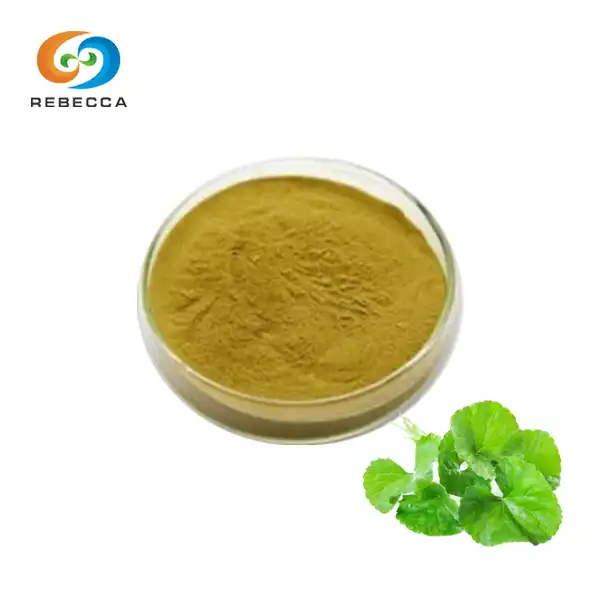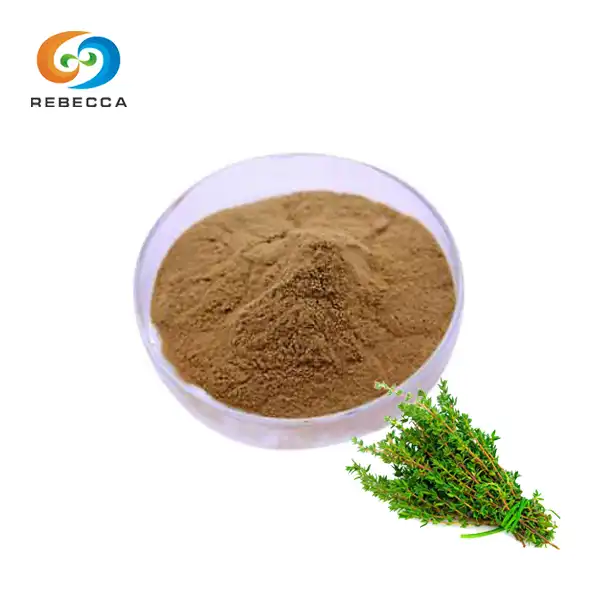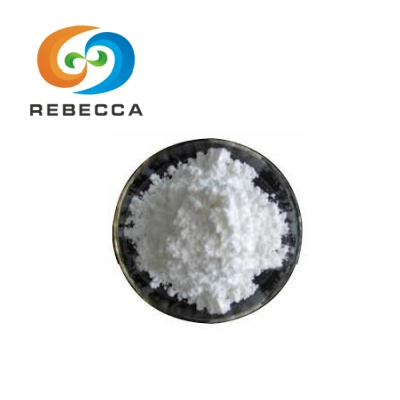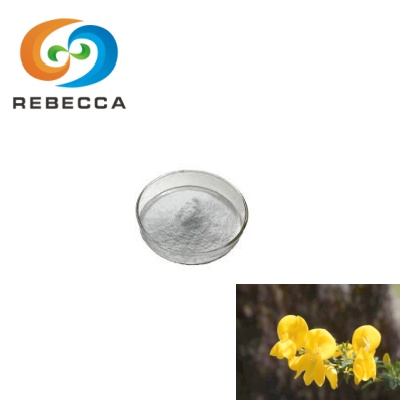Is berberine hcl safe?
Berberine HCl is generally considered safe when used as directed. This natural alkaloid, derived from plants like Berberis aristata and Coptis chinensis, has been used in traditional medicine for centuries. Modern research supports its potential benefits for blood sugar regulation and cardiovascular health.
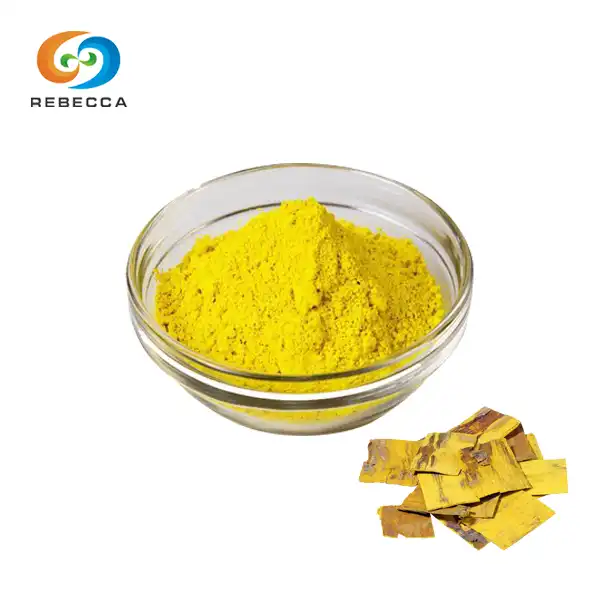
【English name】: Berberine HCL
【Latin Name】: Cortex Phellodendri Chinensis.
【CAS No.】: 633-65-8
【Molecular Formula】: C20H18ClNO4
【Active ingredients】: Berberine,phellodendrine,magnoflorine, jatrorrhizine,palmatine etc.
【Specification】: 97%
【Use Part】 : Bark
【Appearance】: Yellow crystalline powder
【Mesh size】:80 Mesh
【Test Method】: HPLC,Titration Test
Safety Profile: Berberine HCL
Chemical Structure
Berberine HCL, or berberine hydrochloride, is an isoquinoline alkaloid with the molecular formula C20H18ClNO4. Its unique chemical structure contributes to its biological activities and safety profile. The HCL form enhances solubility and bioavailability, making it more effective for absorption in the body. This compound interacts with various cellular targets, including AMP-activated protein kinase (AMPK), which plays a crucial role in metabolic regulation.
FDA Approval Status of Berberine HCL Supplements
While berberine HCL is widely available as a dietary supplement, it's important to note that the FDA does not approve supplements in the same way as prescription medications. However, manufacturers must comply with Good Manufacturing Practices (GMP) and ensure their products are safe for consumption. When choosing a berberine HCL supplement, look for products from reputable manufacturers that undergo third-party testing for purity and potency.
Comparing Berberine HCL Safety to Other Herbal Extracts
When evaluating its safety, it's helpful to compare it to other well-known herbal extracts. Unlike some botanicals that may have unpredictable effects or significant interactions, berberine HCl has a well-documented safety profile. Its mechanisms of action are better understood compared to many traditional herbs, allowing for more precise dosing and usage guidelines. This level of scientific scrutiny contributes to its reputation as a relatively safe natural compound.
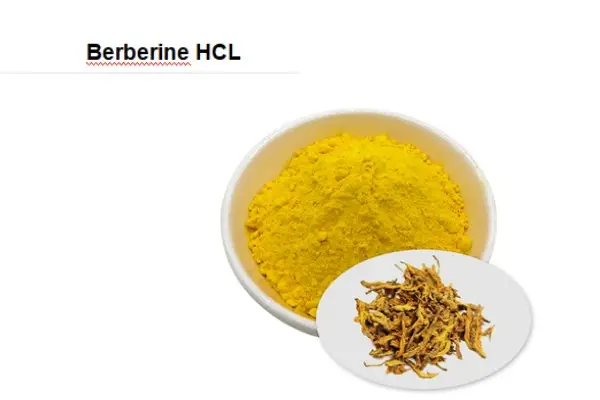
Potential Side Effects and Precautions
Common Berberine HCL Side Effects: What to Expect
While berberine HCL is generally well-tolerated, some individuals may experience mild gastrointestinal discomfort. These effects can include:
- Constipation
- Diarrhea
- Abdominal distension
- Nausea
These side effects are typically mild and often subside as the body adjusts to the supplement. Starting with a lower dose and gradually increasing it can help minimize these effects. If persistent or severe symptoms occur, discontinue use and consult a healthcare provider.
Drug Interactions: Berberine HCL and Medications
Berberine HCL may interact with certain medications, particularly those metabolized by the liver enzyme CYP3A4. Potential interactions include:
- Blood sugar-lowering medications: Berberine may enhance their effects, potentially leading to hypoglycemia.
- Anticoagulants: Berberine might affect blood clotting, so caution is advised when combined with blood thinners.
- Certain antibiotics: Berberine may alter their metabolism, affecting their efficacy or side effects.
Always inform your healthcare provider about all supplements you're taking to avoid potential interactions.
Berberine HCL Safety for Pregnant and Nursing Women
Pregnant and nursing women should exercise caution with berberine HCL. Limited research exists on its effects during pregnancy and lactation. Some studies suggest it may cross the placenta or be present in breast milk. Until more comprehensive safety data is available, pregnant and breastfeeding women should avoid berberine HCl or consult their healthcare provider before use.
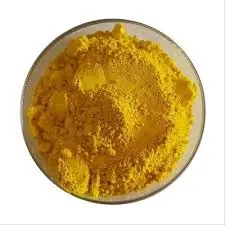
Long-term Use: What Research Says
Clinical Studies on Prolonged Berberine HCL Consumption
Several clinical trials have examined the long-term safety and efficacy. A meta-analysis published in the Journal of Ethnopharmacology reviewed multiple studies with treatment durations ranging from 8 to 48 weeks. The findings suggest that berberine HCL maintains its beneficial effects on metabolic parameters without significant adverse events during extended use. However, most studies have been limited to a few months, and more research is needed to fully understand the implications of years-long consumption.
Monitoring Liver Function During Extended Berberine Use
While berberine HCL is not typically associated with liver toxicity, some studies recommend monitoring liver function during long-term use. This is particularly important for individuals with pre-existing liver conditions or those taking other medications metabolized by the liver. Regular liver function tests can help ensure that extended berberine HCL use does not adversely affect hepatic health. As always, working closely with a healthcare provider is crucial when incorporating any new supplement into your long-term health regimen.
Impact on Gut Microbiome Over Time
Emerging research suggests that berberine HCL may influence the gut microbiome composition. Some studies indicate that it may have a modulating effect on gut bacteria, potentially contributing to its metabolic benefits. However, the long-term implications of these changes are not fully understood. As our knowledge of the gut microbiome's role in overall health continues to evolve, ongoing research will likely provide more insights into its effects on gut health during extended use.
Berberine HCl offers a promising natural approach to supporting metabolic health, with a generally favorable safety profile. While it's well-tolerated by most individuals, awareness of potential side effects and interactions is crucial. Long-term studies suggest sustained benefits without significant safety concerns, but ongoing monitoring is advisable. As with any supplement, personalized guidance from a healthcare professional is key to ensuring safe and effective use of berberine HCL, particularly for those with existing health conditions or taking medications.
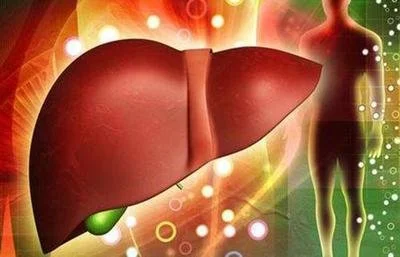
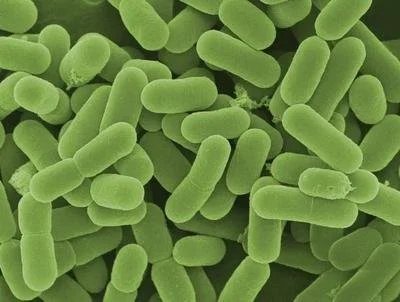
Berberine HCL Powder Supplier
When purchasing HCL, it's crucial to choose reputable sources that prioritize quality and safety. Look for suppliers or manufacturers that provide detailed product information, including purity levels, extraction methods, and third-party testing results.
Shaanxi Rebeccia is a leading berberine hcl powder supplier, committed to delivering high-quality products that meet international standards. Our production base utilizes advanced extraction, separation, and purification equipment, adhering strictly to GMP and ISO standards. We implement rigorous quality control measures throughout our production process, from raw material procurement to final product delivery, ensuring the safety and efficacy. For inquiries about our product specifications or to discuss your requirements, contact us at information@sxrebecca.com.
References
- Zhang, Y., et al. (2019). "Berberine: A review of its pharmacology, pharmacokinetics and clinical applications." Acta Pharmaceutica Sinica B, 9(3), 427-440.
- Lan, J., et al. (2015). "Meta-analysis of the effect and safety of berberine in the treatment of type 2 diabetes mellitus, hyperlipemia and hypertension." Journal of Ethnopharmacology, 161, 69-81.
- Cicero, A.F., et al. (2019). "Berberine: Safety and efficacy profile as a dietary supplement." Nutrients, 11(11), 2585.
- Imenshahidi, M., et al. (2019). "Berberis vulgaris and berberine: An update review." Phytotherapy Research, 33(3), 504-523.
- Xu, J.H., et al. (2017). "Berberine protects against diet-induced obesity through regulating metabolic endotoxemia and gut hormone levels." Molecular Medicine Reports, 16(4), 5385-5391.
- Neag, M.A., et al. (2018). "Berberine: Botanical occurrence, traditional uses, extraction methods, and relevance in cardiovascular, metabolic, hepatic, and renal disorders." Frontiers in Pharmacology, 9, 557.

